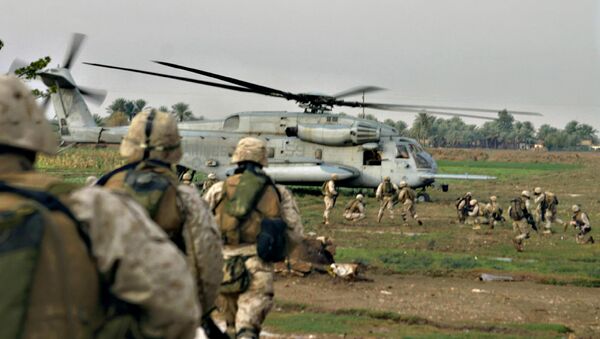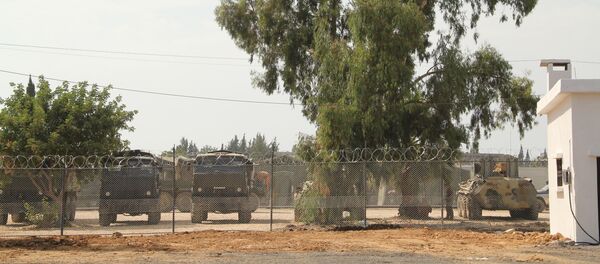The rebels will reportedly be trained in infantry tactics and then sent back to their homeland. The spokesman for the US-led military operation against Daesh, Colonel Steve Warren, said the new effort was part of the Pentagon’s adjustments to the train-and-equip program built on prior experience.
However, many details about the new program remain unclear, including its cost, the number of fighters it aims to train as well as the exact date of its launch, according to Foreign Policy magazine.
Michael Maloof, former Pentagon official and senior security policy analyst in the office of the Secretary of Defense, was not too optimistic about the Pentagon’s ability to learn from the mistakes, saying that his hopes for the new programs were pretty low.
“The program is very vague, no details are being given as to where the training will be conducted and smaller contingence doesn’t necessarily mean a success. The problem has been as to who would be available to fight ISIS as opposed to wanting to take down the government of Syrian President Bashar Assad. That has been the problem. Also what countries would actually conduct the training, before it was Saudi Arabia, Jordan and Turkey? Those countries generally are against the government of Syria as it now stands.”
Talking about what the Pentagon’s exact goal was for launching this new train-and-equip program, the official said, “The concept is to fight ISIS, but in reality the people that they are recruiting are Sunnis, they are sympathetic to the Sunni ISIS fighters and even though they may not agree with them whole heartedly, they are Sunnis and Sunnis will not be fighting Sunnis. That’s just the way it goes.”
He further spoke about the reluctance of Turkey in going after ISIS and instead are venting against the Kurds. “The consequences of these actions are questionable and the success is highly dubious and I don’t hold much faith in them.”
Maloof also discussed Saudi Arabia’s position in this situation. He said, “Saudi’s don’t like ISIS either but they are bank rolling, funding them outside the Kingdom but if they start pointing inward that’s another problem for them because ISIS is fundamentally against monarchy.”



